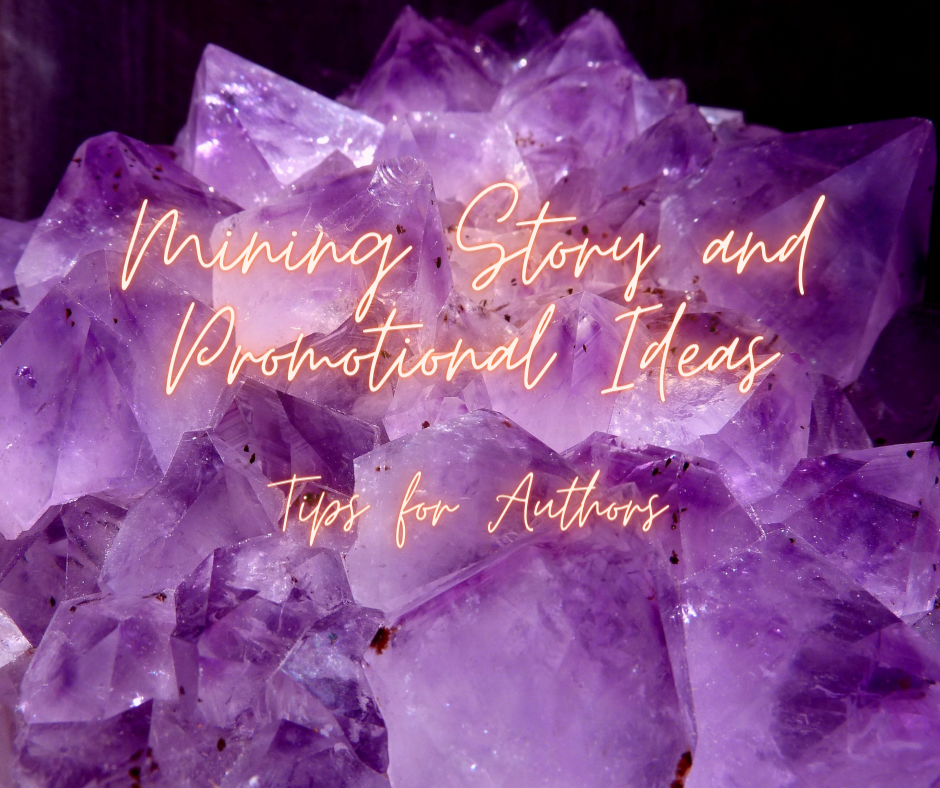Taking Care of Your Social Media Sites
/Your social media sites, including your website and blog, require regular attention. The “social” part is important. Your sites shouldn’t be used solely to post “buy my book” promotions or when you have a new book to advertise. Here’s what I’ve learned along the way.
Readers/followers want to interact with you. Respond to comments in a timely manner. Don’t just post and run.
Post questions and continue the conversation when you get responses.
Make sure that you’re on your sites regularly sharing, commenting, and liking others’ content.
You need to have fresh content on your website, blog, and social sites. Figure out what works for you (e.g. once a day, once a week, etc.) and try to post consistently. People don’t come back to visit sites where the last post was April 2017.
I schedule some of my social media posts, so I have a variety of content, even when I’m not on social media. I found that I get a lot of traffic on Twitter after midnight from folks in other countries. I schedule posts during these timeslots (even though I’m sleeping), and I respond to them when I start my day at 5 AM.
Followers are looking for interesting information and entertainment. Make sure your posts gather attention. Photos/graphics and video are good ways to draw people to your post.
Do a quick audit of your sites. Look at your recent posts. Are they eye-catching? Do they spur the reader to comment? Is the content interesting? Check out my post on Social Media Content Ideas if you’re looking for things to post.
All the social media sites have algorithms for determining what does/doesn’t show on newsfeeds. Organic interest in a post (e.g. likes, comments, shares) does have an effect your reach. Comments and shares are better than likes.
Make sure that you like and follow others. On Twitter, I’m often tagged in #WW (Writer Wednesday) or #FF (Follow Friday) posts. Take a minute to follow new folks. It will help your audience grow, and you’ll meet all kinds of interesting people.
It’s usually not a good idea to respond in attack mode to negative posts. But these sites are yours, and they represent your brand. From time to time, you may need to delete comments or block the trolls.
You don’t have to follow everyone who follows you. There are a lot of bots and trolls out there. Be careful of scams. If something sounds fishy or too good to be true, it probably is.

















